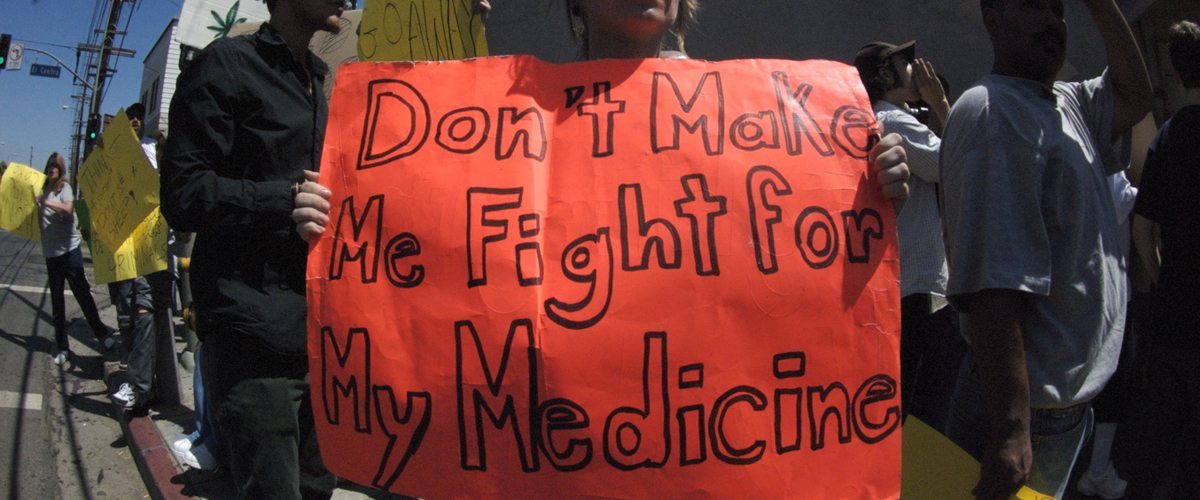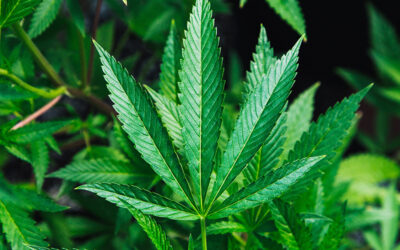In three short months, marijuana may no longer be classified among the country’s most dangerous drugs. The DEA revealed that it hopes to decide in the first half of the year whether it will leave marijuana as a Schedule I drug, the classification for dangerous, non-medical substances, or move it down to join other drugs with medical applications in the lower schedules. However, the 25 page letter gave no indication if the much needed change would come.
The DEA maintains 5 drug classifications. Abuse rate and medical potential are the primary factors weighed when classifying drugs. Currently, marijuana is classified as Schedule I, reserved for drugs with no medical value and high potential for abuse. Other drugs in this category are heroin, LSD, and ecstasy. Cannabis advocates would like to see it placed much lower in either Schedule IV like Xanax or in Schedule III along with codeine, but even a move to Schedule II will help open the door to expanded medical research by acknowledging its medical potential.
Dr. Stuart W. Titus, CEO of Medical Marijuana Inc. (OTC:MJNA), reaffirms this attitude: “Rescheduling will allow significantly more research to be performed on the potential therapeutic benefits.”
Marijuana was first placed in Schedule I during the Nixon presidency when he created the Controlled Substance Act. It was meant to be a temporary placement while research was done into marijuana’s risks. Although a series of reports based on this research recommended placement in a lower schedule, public opinion at the time was largely against the idea of marijuana, and it was ultimately left among the most damaging drugs.
The DEA has teased possible change in the past (in 2001 and again in 2006) with no reclassification, but with public support at an all-time high, cannabis advocates are hopeful.
News of the DEA’s consideration is in response to bill S.683, cosponsored by a bipartisan panel of senators. The Compassionate Access, Research Expansion, and Respect States Act, or the CARERS Act, was introduced in March of 2015 by Cory Booker (D-NJ) and has since been referred to the Committee on the Judiciary. If passed, the CARERS Act would take several important steps in lessening the impact of cannabis prohibition, including rescheduling marijuana to Schedule II and excluding cannabidiol (CBD) from the definition of “marijuana”.
The DEA’s letter was sent to Elizabeth Warren and seven other democrats as a reply to their open letter last July to several drug and health officials. In the letter, Warren urges more research into the benefits, not just into the harms, of cannabis by the U.S. government.
The argument for rescheduling marijuana hinges on its medical use, which has been widely documented. There have been over 23,000 published studies and reviews discussing the medical potential for marijuana and its active cannabinoids.
In the DEA’s letter, they detail the scope of research currently supported by the NIH. Cannabis research is conducted at 50% of NIH facilities at a cost of $110 million dollars. These studies included research into endocannabinoid signaling during pregnancy, the efficacy of THC and CBD for pain relief, and the impact of the endocannabinoid system on brain trauma. In light of this research done on behalf of the US government, it is becoming harder to deny the medical potential of marijuana.
The FDA recently completed its own review of the medical potential of marijuana and has passed on their recommendation to the DEA. The DEA will be taking this recommendation into account while they consider the change in scheduling; however, the DEA’s letter didn’t reveal the outcome of the FDA’s recommendation either.
“This is potentially tremendous news for our company as well as the entire industry,” states Dr. Titus. “Barriers to legalization are falling around the world, and it is great to see the USA being more progressive toward this great natural botanical plant and extracts.”
If the DEA does reclassify marijuana to a lower schedule, it will make it easier for research into its medical applications to take place. In the 25 page letter, the DEA acknowledges that the procedure to obtain research permission for marijuana is slower than it needs to be and offers that it has already streamlined the process for CBD research to continue to take place. The letter also outlines a requested review by the FDA to consider the separate rescheduling of CBD.
Reclassification of marijuana and CBD will also further bolster an already thriving medical cannabis industry. 23 states have legalized some form of medical marijuana, despite its classification in Schedule I, and the cannabis industry is expected to top $21 billion in sales by 2020.
You can find the full-text of the DEA’s letter here.






